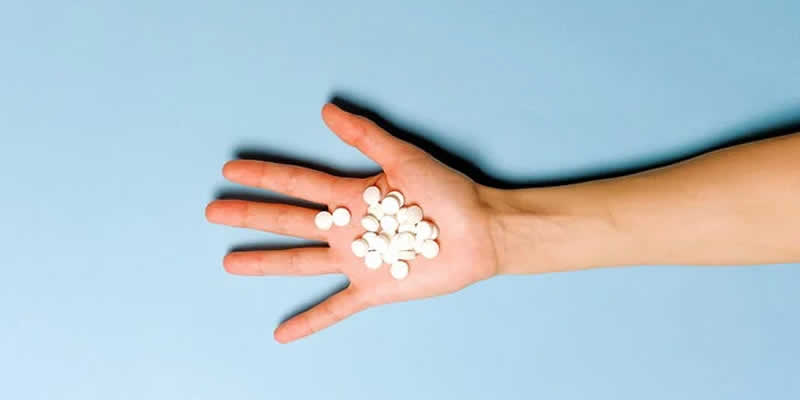High levels of antibiotics in rivers are contributing to human resistance to the drug and pose a “grave international threat to life”, experts have warned.
Researchers from Exeter University say about 70% of antibiotics prescribed to people end up in our waterways through flushed waste and discarded medicines.
Once they hit the natural environment, the drugs begin to interact with bacteria found in the rivers which causes them to evolve. Once transferred to humans, there is a very high chance that immunity will have been built up, so antibiotics are less likely to work when needed.
Dr Isobel Stanton, from the university, said: “Antibiotic resistance is a grave international threat to life. While much attention has focussed around reducing use in clinical environments, we also need to urgently curb evolution and transmission of bacteria that are resistant to antibiotics through the natural environment.
“Our research indicates that current thresholds proposed may still be too high, and may not completely remove the risk posed by antibiotics present in aquatic environments.”
Professor Will Gaze, also from the University of Exeter, added: “Our work has helped to increase understanding of the extent to which rivers, streams and oceans contribute to the spread of antibiotic resistance in humans. We now need action to ensure waste water contains safe levels of antibiotics, to slow the increase in antibiotic resistance which threatens society.”
The World Health Organization (WHO) recognises antibiotic resistance is a huge threat to health. Experts have estimated that should people continue to build up immunity, by 2020 there could be up to 10 million deaths every year.
- World Health Organization to review COVID-19 airborne transmission guidelines
- World Health Organisation backs introduction of sugar tax
The NHS also recognises the potential problem and the drug is no longer routinely prescribed for chest and ear infections in children or sore throats.






